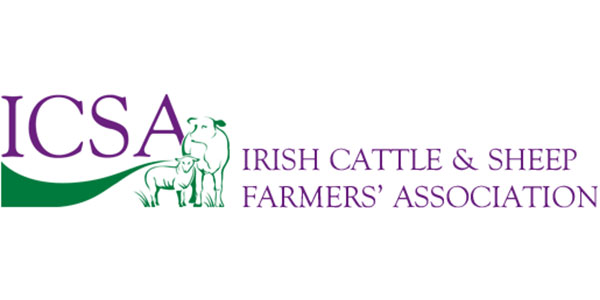2nd July, 2012
Paul Brady, ICSA sheep chairman, said the results which show that so many sheep farmers are actually contemplating expanding their sheep enterprise proves that strong prices are the best guarantee of a sustainable sheep sector. “Processors, retailers and policy makers must face up to the reality that a good price is all that is required. Keep the price strong and the supply will take care of itself.”
“It is obviously very encouraging to see 63% of respondents planning to expand and a further 30% planning to hold their current numbers. For a long time, the sheep sector was marked by dwindling numbers simply because the price was far too low and the ewe premium did not compensate for that.
Mr Brady did sound a note of caution, however, saying that he would not like to see processors and retailers try to take advantage of any expansion in numbers. “The key is that growth in supply must be matched by growth in demand. Otherwise, the risk is that the whole sector could be undermined again, and expansion could come to a halt very quickly.”
ICSA president Gabriel Gilmartin said that the results show that radical reform of CAP as outlined by Ciolos is not the ideal way of improving the CAP. “70% of sheep farmers who responded were in favour of the current system of Single Payment. Radical reform would clearly threaten the viability of many of these farmers who are happy with the current decoupled payment and the strong prices for sheepmeat.
“However, ICSA is conscious that 27% of respondents are unhappy to varying degrees. That’s why ICSA wants to see a targeted increase in CAP direct payments to active, productive farmers with below average payments, as well as special provision for young farmers. We believe that a targeted approach is the best way to improve the situation of these farmers rather than the flat rate approach which would see payments spread too thinly and inefficiently.”





